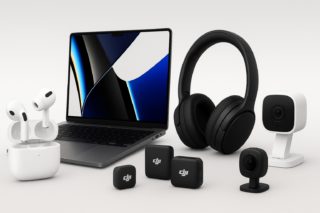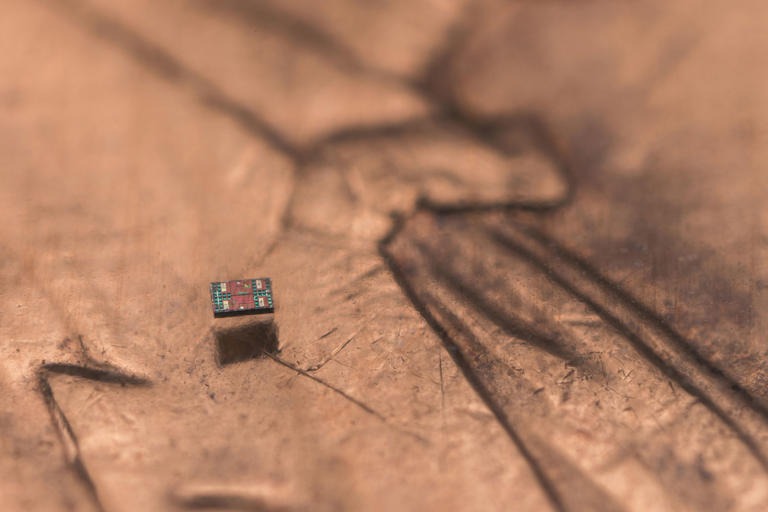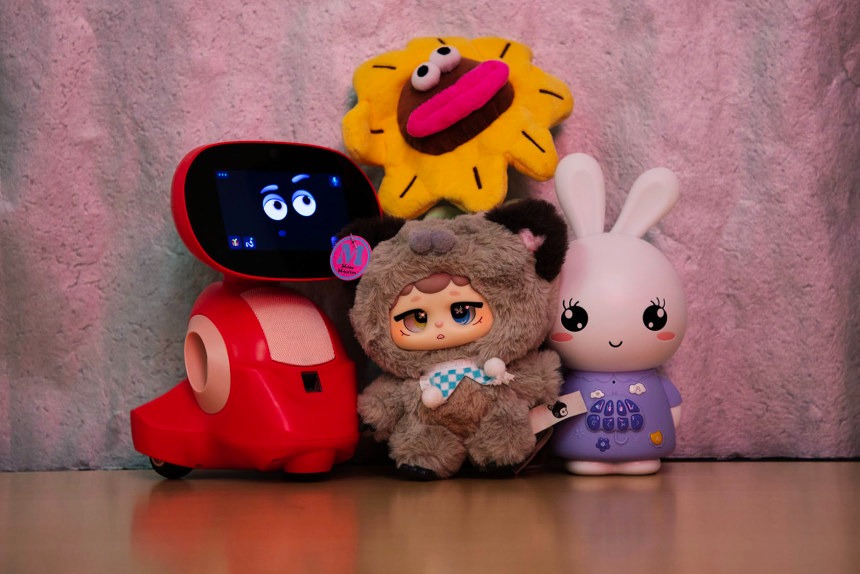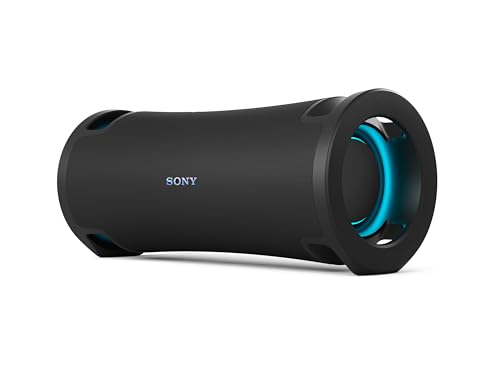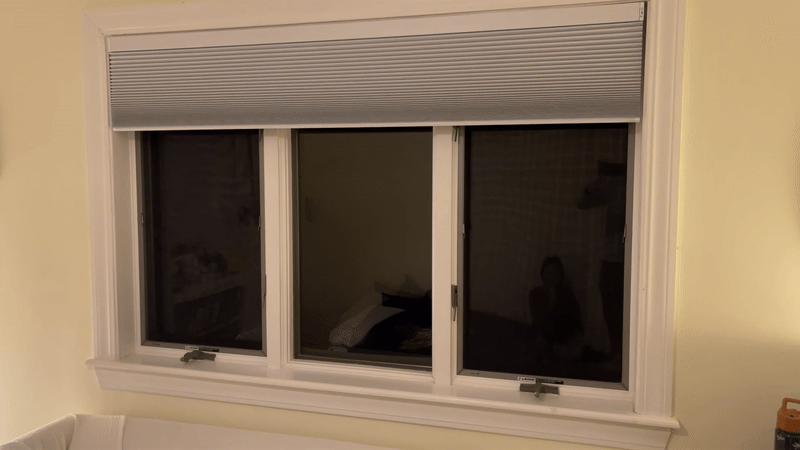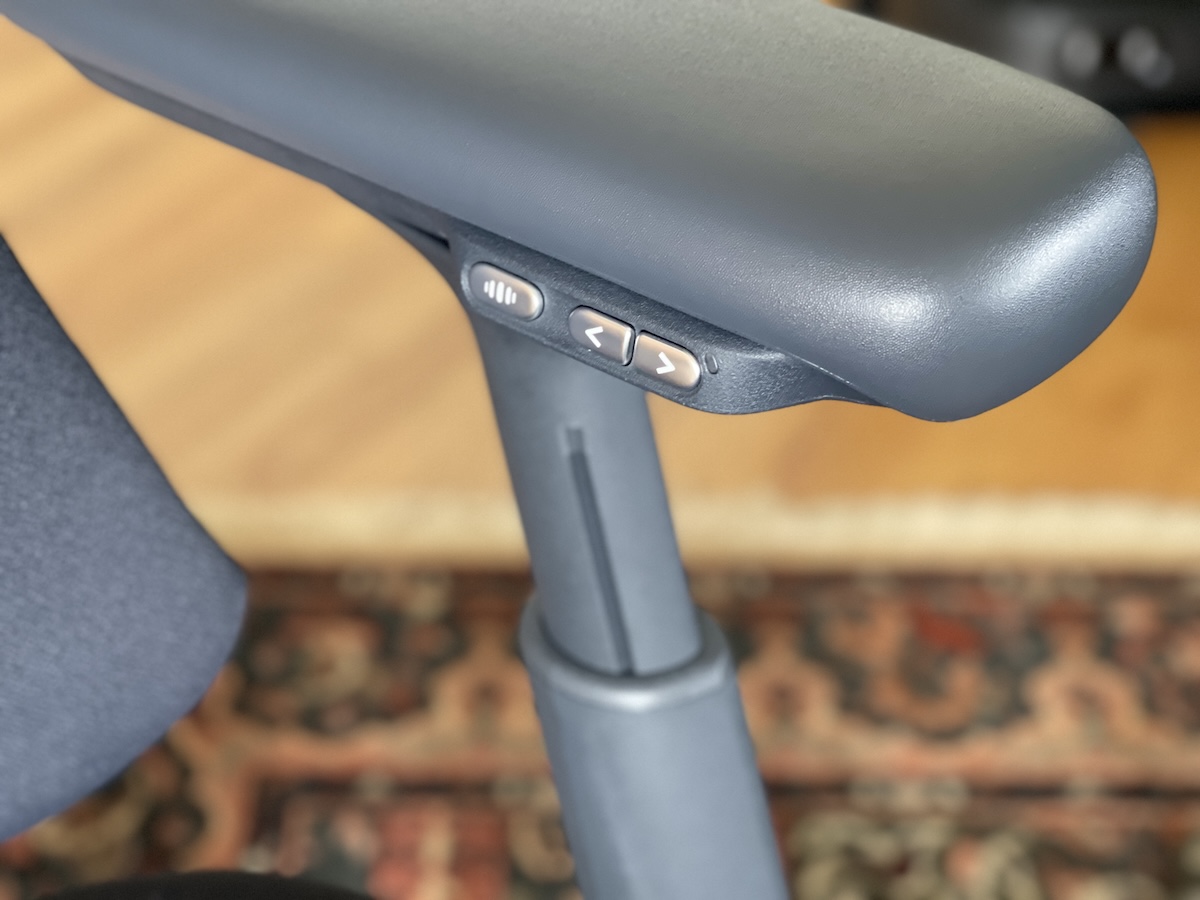UK health experts report a concerning rise in young people experiencing difficulty processing sounds and speech, potentially linked to increased use of noise-canceling headphones, marking a new health concern for Generation Z.
Why it matters: The surge in neurological sound processing issues fundamentally challenges assumptions about noise-canceling technology’s safety, particularly during crucial periods of brain development in adolescence and early adulthood.
Health Impact: NHS audiologists across the UK report increasing cases of Auditory Processing Disorder (APD) among young adults, with several key characteristics emerging:
- Normal hearing tests despite processing difficulties
- Struggles with understanding speech in noisy environments
- Difficulty differentiating between multiple speakers
Scientific Context: The brain’s natural sound processing abilities develop through exposure to varied acoustic environments. Experts warn that constant use of noise-canceling technology may interfere with this development:
- Brain naturally filters unwanted sounds
- Development continues through late teens
- Artificial noise reduction may prevent natural learning
“There is a difference between hearing and listening. We can see that listening skills are suffering,” explains Renee Almeida, adult audiology clinical lead at Imperial College Healthcare NHS Trust.
The condition affects patients’ ability to engage in social situations, follow instructions at work or school, and process speech from fast talkers or unfamiliar accents. Unlike traditional hearing loss, APD is a neurological condition where the brain struggles to process sound despite normal hearing function.
While noise-canceling headphones can protect users from harmful loud noises in certain situations, their constant use may prevent the brain from developing its natural ability to filter background noise. This could particularly affect younger users whose brains are still developing these crucial processing skills.
Five UK National Health Service audiology departments have reported increased referrals for young people with these symptoms, prompting calls for more research into the long-term effects of noise-canceling technology on brain development.
Looking ahead, experts recommend balanced use of noise-canceling technology, especially for younger users, while emphasizing the importance of allowing the brain to practice natural sound filtering in various environments.







